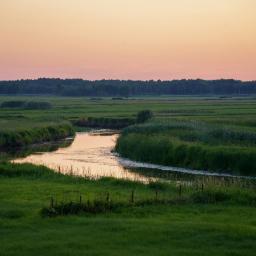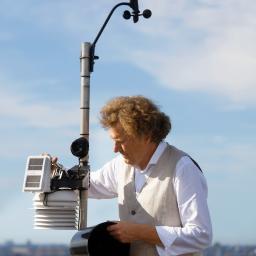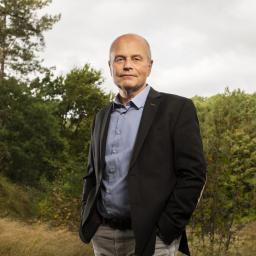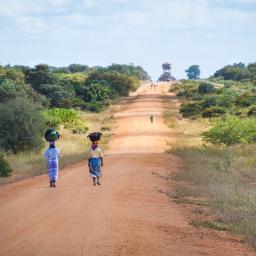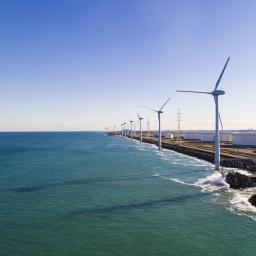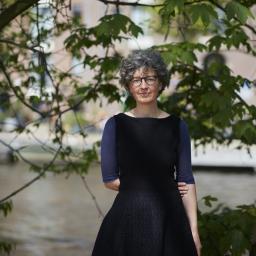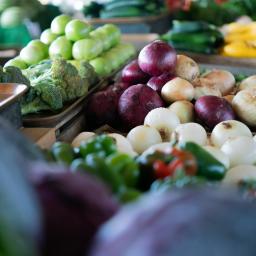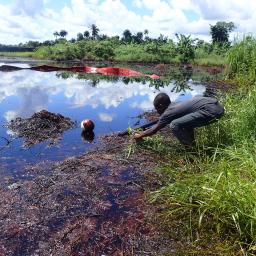Koos Biesmeijer is enjoying his spring holidays in a Frisian cottage when he spots a pair of cranes. It is February 20 and the temperature is 10 degrees celsius above the national average. Bathing in the spring-like sunshine, the professor of Natural Capital and scientific director of Naturalis explains what is at stake.
By Koos Dijksterhuis
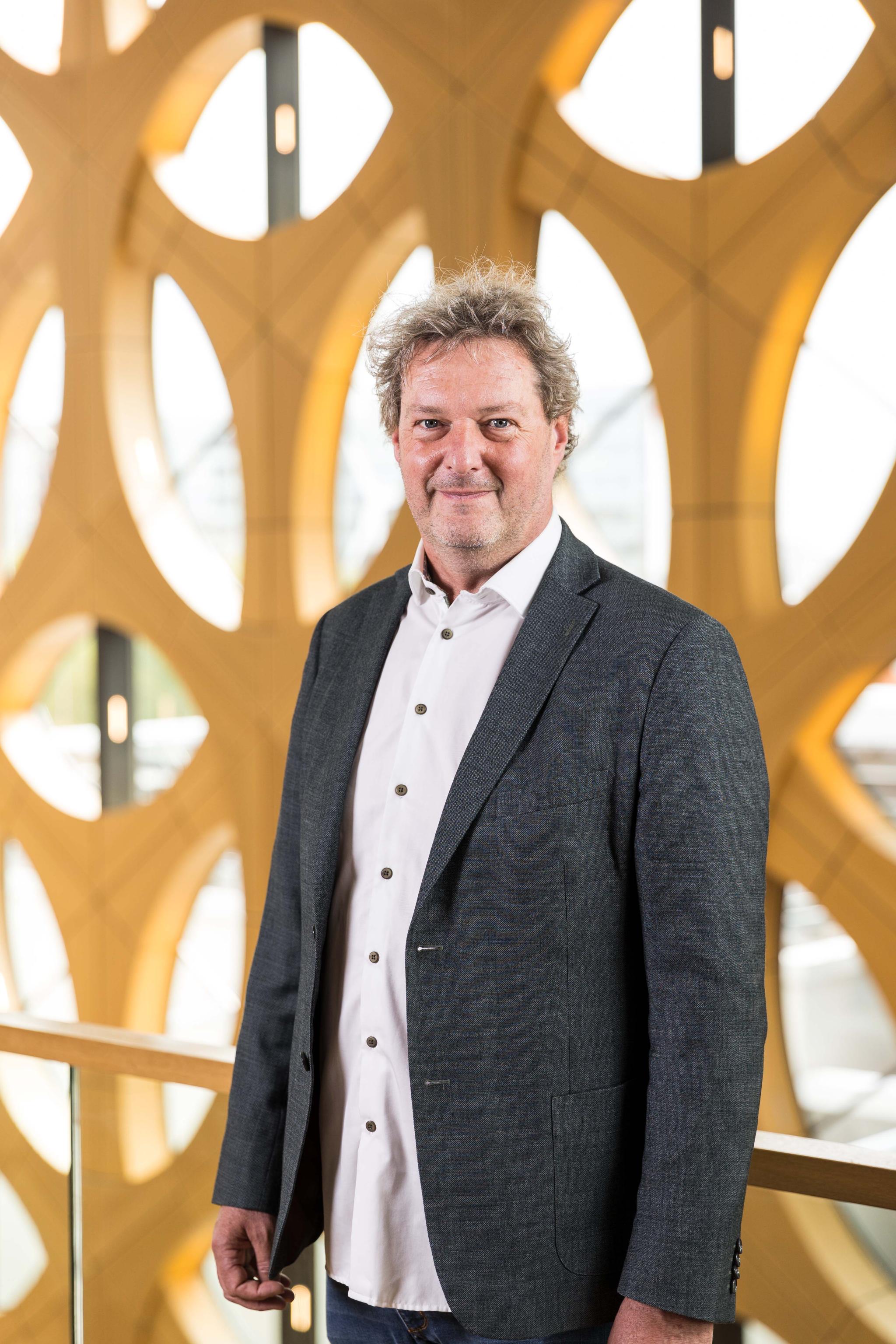 Bumblebees and honeybees are buzzing around, a month earlier than normal. Bees are your speciality. They’re not doing that well, are they?
Bumblebees and honeybees are buzzing around, a month earlier than normal. Bees are your speciality. They’re not doing that well, are they?
'No, bee populations are being decimated due to loss of habitat. However, rising temperatures have prompted an increase in the number of species of bees in the Netherlands.'
'Every year, 20 new insect species enter our country, including bees. These are the easy species, however, who can thrive in all sorts of environments. We are losing food specialists who rely on one or only a handful of different flowers, as well as various species of bumblebees, which are more naturally suited to cool climates.'
Are biodiversity loss and climate change intertwined?
'Absolutely. Without biodiversity, we wouldn't even have an atmosphere. Do you know where the lion's share of our oxygen comes from? From the sea. Rainforests may absorb carbon dioxide, but they emit it just the same.'
'While trees sequester carbon dioxide as they grow, it is all released when the trees die and decompose. In the sea, carbon is sequestered and oxygen is produced by algae, which do not decompose but sink to the seabed. Organisms influence climate, and conversely, climate influences organisms. Two degrees of warming will cause approximately six percent of species to go extinct. A four-degree increase would wipe out 16%. The way things are now, we are heading for a three-degree rise.'
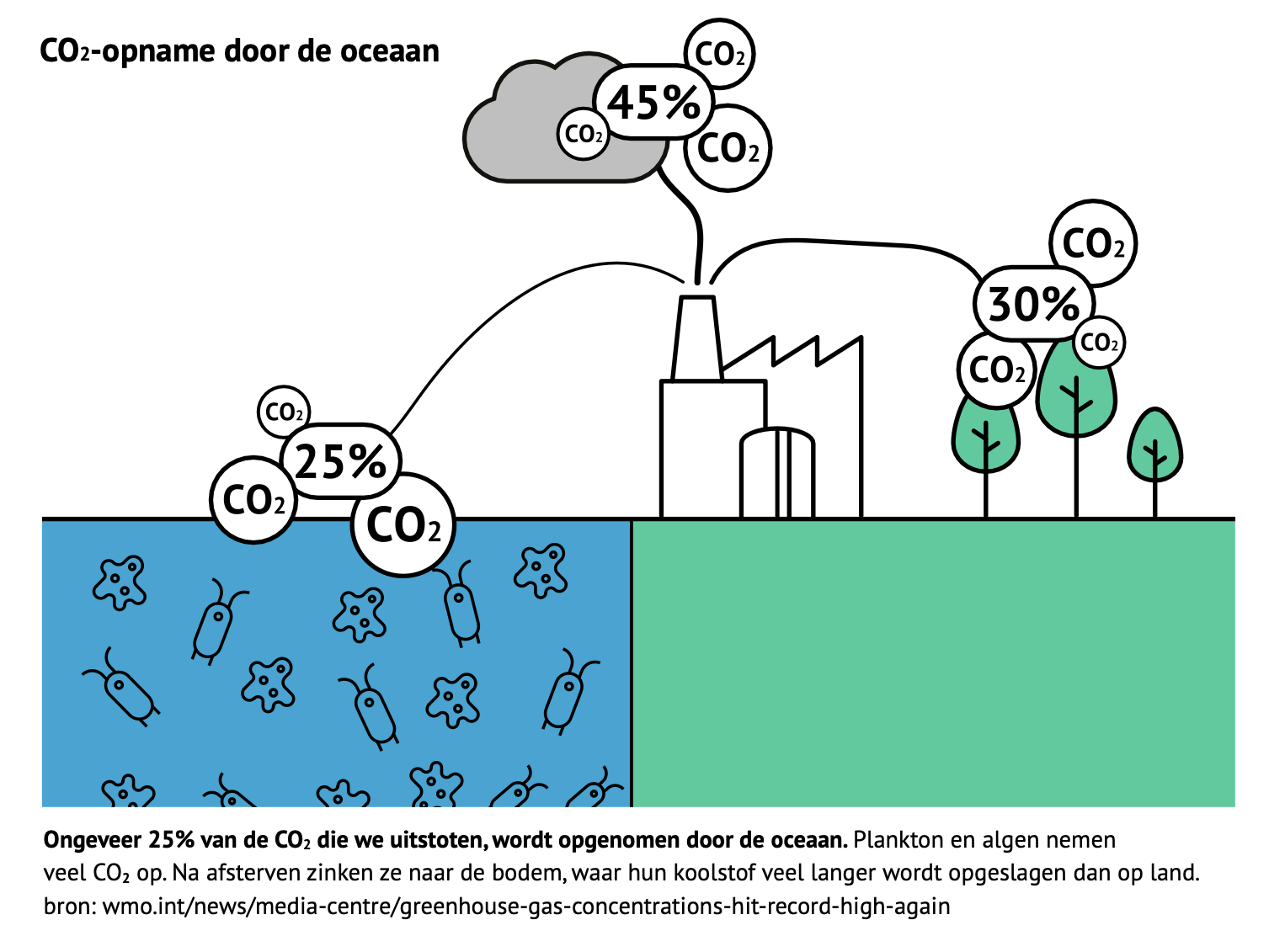
How should we stop biodiversity loss and climate change?
'We should stop seeing economy apart from ecology. The earth contains our natural capital. We can use up the interest - and more - provided we give back to earth too by creating a circular economy. Agriculture is by far the biggest polluter. If you want to get rich, I’d recommend getting into pig farming, but only because its high social costs - the significant damage it does to the climate and biodiversity - are not priced in.'
Instead of regular farming, we should start landscape farming.'
'We deplete the soil in the name of agriculture. In Brazil, we create new farmland by felling trees. In the Netherlands, we create farmland with artificial fertilisers. In circular, nature-inclusive agriculture, soil is not depleted thanks to the use of farmyard manure and humus, among other things.'
How do you get the agricultural sector on board?
'Many farmers understand that things have to change, although after years of being pushed towards intensive farming, many are understandably upset that the tide has suddenly changed. I get to meet a lot of farmers, and they all tell me they want their children to have a promising future with a good income in beautiful surroundings. And when I ask them who’s in the best position to create those surroundings, they unanimously agree: farmers. And they’re right.'
'Instead of regular farming, however, we should start landscape farming. The grants and subsidies already exist, they just need to be redirected. For farmers, the first few years of transition are the toughest - that's when their turnover falls, while they are not yet meeting their sustainability goals. We should help them get through those years. Along the same line, it’s better to try to create a habitat for godwits than to help the birds themselves. Regardless of whether they actually return, the outcome will always be positive.'
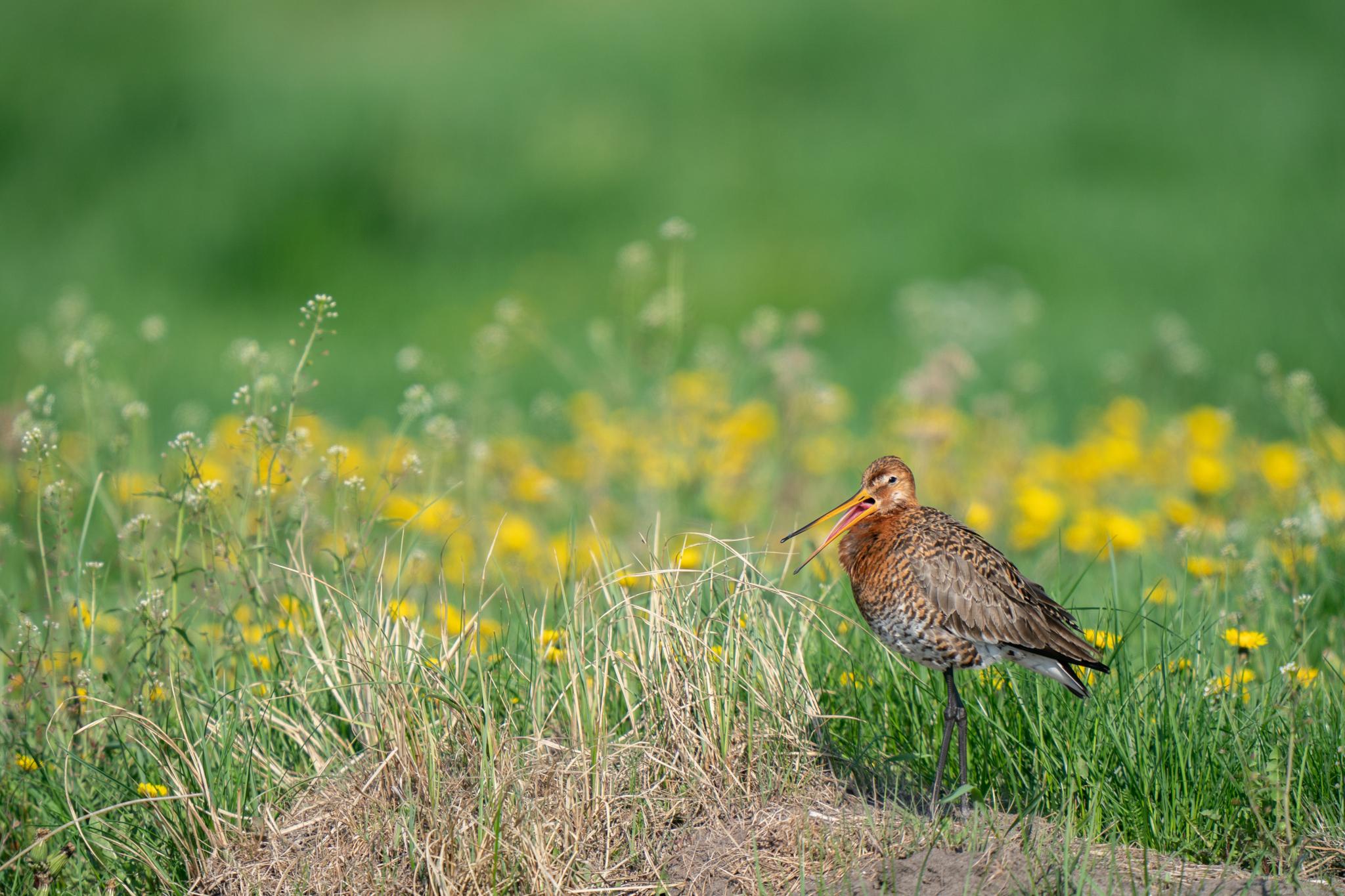
Scientists need to do more marketing!'
How does your research contribute to solutions?
'One of the things I do is work with companies who ask me how to reduce their environmental impact. We’ve called it quits with companies like Shell and KLM, who were mainly interested in greenwashing. The goals set by companies like construction behemoth Heijmans, the world's largest bank BNP-Paribas and consulting firm KPMG, however, are very ambitious. Heijmans, for example, recently opened a factory for timber frames.'
'Together, we go about exploring what each department should do. The fact that they no longer fund polluting activities will also encourage their clients to change. We should counter the agricultural lobby with knowledge - scientists need to do more marking! We scientists have the knowledge, and knowledge is power, but only if we share it. We know just how good nature is for our health, for example, and so do insurers and hospitals, which have already started harnessing this insight.'
Are the universities of Leiden, Delft and Rotterdam working together sufficiently to integrate biodiversity and climate research?
'More could be done. There is a lot we could achieve together. I’d suggest making a few million available, on condition that the three of us come up with a wonderful project together. I’d encourage researchers to work together to visualise a future for a municipality that has accomplished all UN Sustainable Development Goals. We’d be able to show what the urban and surrounding landscape should look like, what rules, regulations and knowledge you’d need, and what the pros and cons are at the end of the day.'
Koos Biesmeijer is scientific director of Naturalis Biodiversity Centre and professor of Natural Capital at Leiden University. He works with scientific and social partners to improve the Dutch landscape for pollinators and biodiversity in general. He is a biodiversity consultant with the province of South Holland.
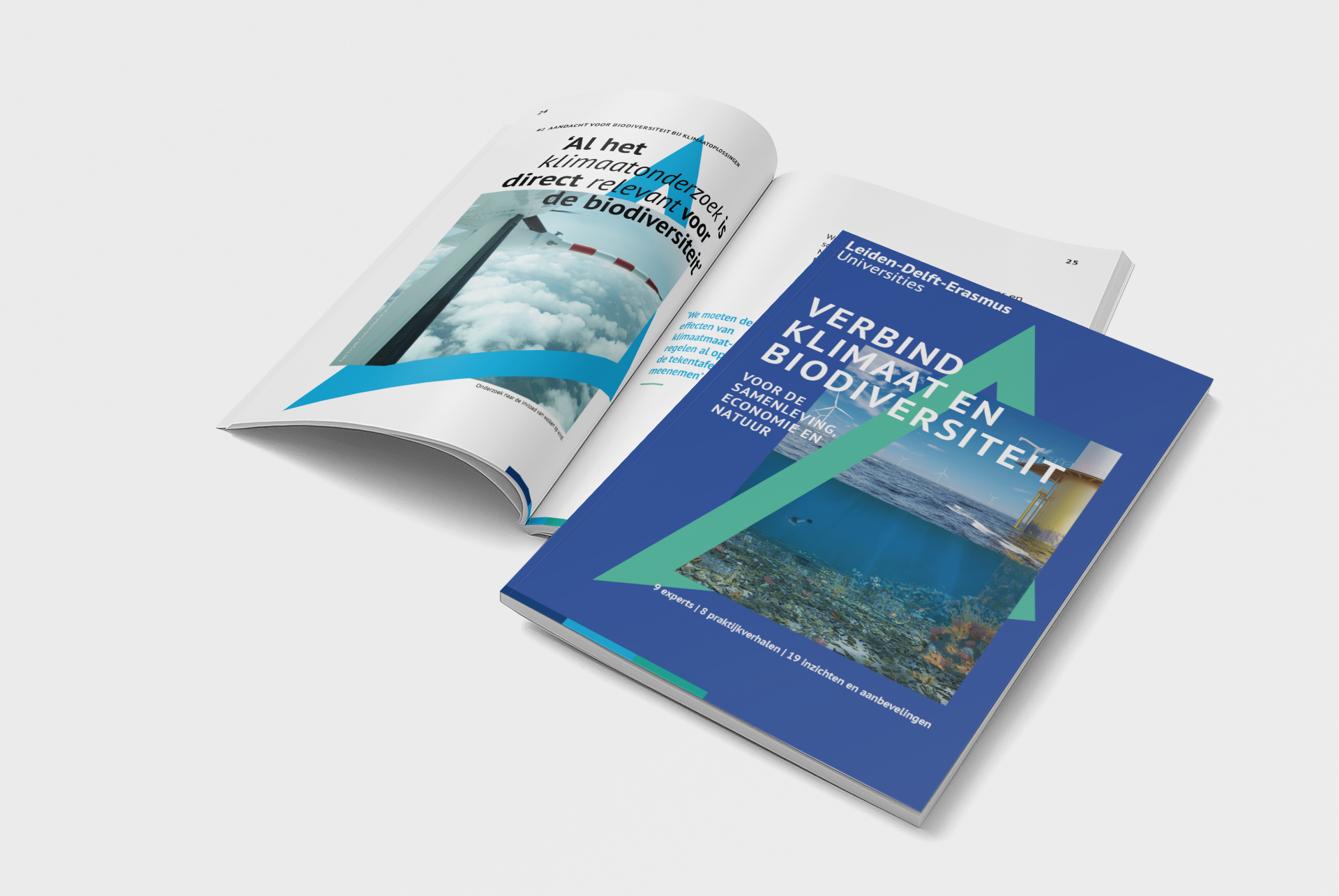 New white paper 'Connect Climate and Biodiversity for Society, Economy and Nature'
New white paper 'Connect Climate and Biodiversity for Society, Economy and Nature'
This article is from the new white paper 'Connect Climate and Biodiversity for society, economy and nature' of Leiden-Delft-Erasmus Universities. In this paper, scientists, foresters, bankers, farmers, and municipal officials advocate protection of eco-systems as a strategy against global warming.
Download the white paper (written in Dutch, except the English summary and list of recommendations) or order a copy via Katja Hoiting: k.hoiting@tudelft.nl

